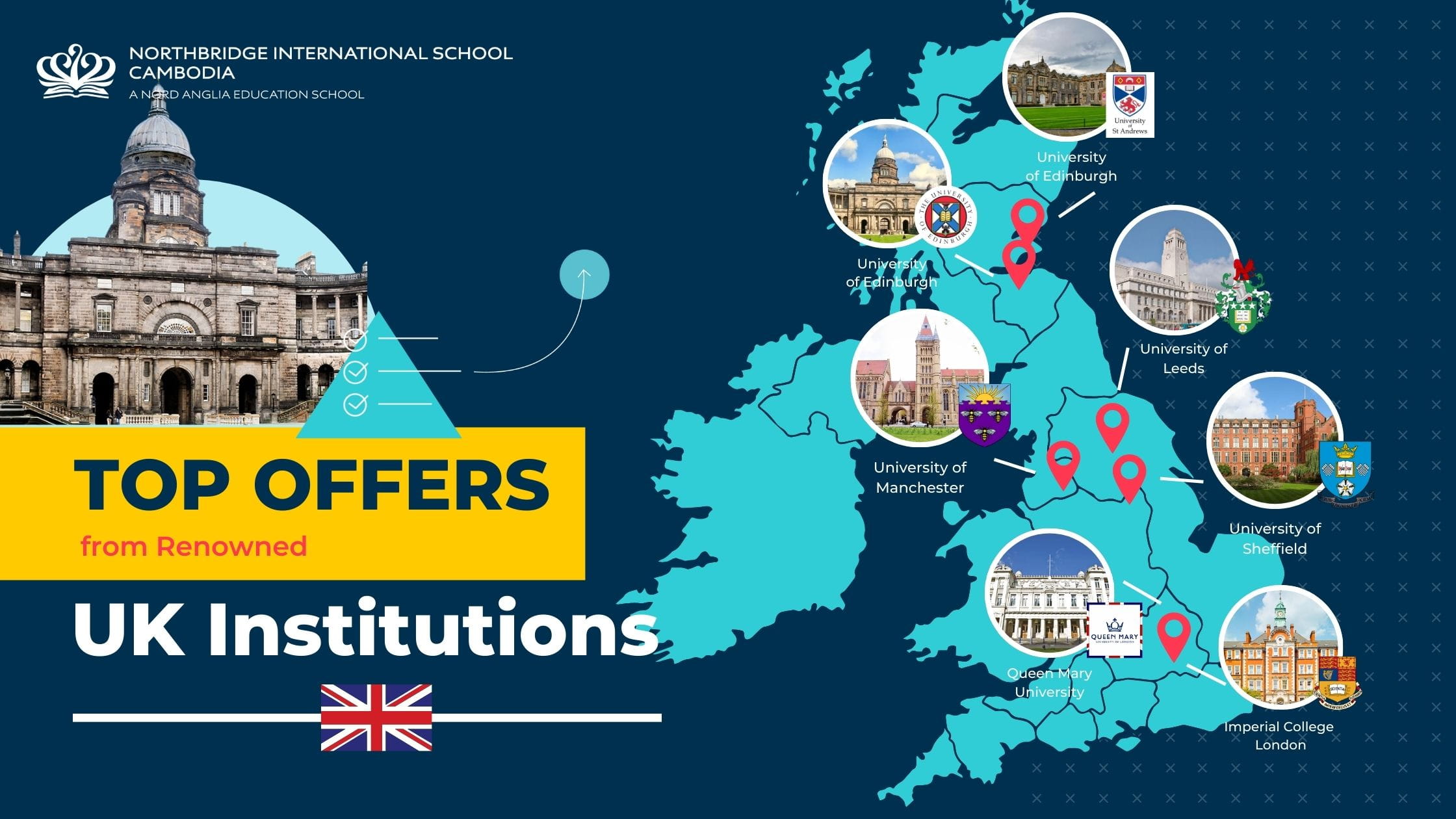As educators we must focus on teaching students the skills they need to adapt to change and succeed in any career in the future, in particular in what is commonly referred to as the fourth Industrial Revolution, epitomized by rapid technological advancements.
There has been a lot of information circulating recently in the media about the so called “zombie jobs” and the rapidly changing trends taking place because of these, particularly in the financial services sector, which was once reserved for highly educated specialists. Some areas are now devoid of humans and have been taken over by artificial intelligence and in some cases robotics. When you think about number crunching and data algorithms, computers can perform complex mathematical calculations with perfect accuracy and consistency, while humans are prone to errors in these types of tasks.
According to Oxford university 35% of jobs are now at risk of computerisation. So how can we navigate the speed and onset of these changes in the job market, so that we can prepare our young people for a future in the 4th Industrial revolution workplace?
We need to teach competencies that students can apply to a range of different careers. One of the biggest things that students today need to succeed at work is the ability to work as a team. They need to understand how to communicate, compromise and share ideas so that they can be a valuable contributing member to projects. (“How Schools Can Prepare Their Students for the Professional ... - Meratas”).
All jobs now are based around working at some point in collaboration with others. Employers want people who understand how to manage a project, how to deliver a product on time and on budget, and how to work collaboratively with little or no oversight. Therefore, ensuring transferable skills are taught is the key to our young people's ability to be successful individuals in the future.
Something we emphasize and highly promote at Northbridge International School is the ability of students to work collaboratively through a range of projects not only in their everyday lessons and individual subjects but also in their CAS (Creativity, Activity, and Service) projects and extracurricular activities such Model United Nations or the Eco Club alongside our numerous professional partnerships with outside organisations such as Homes for Humanity (H4H) where students work collaboratively on projects and deliver these in a timely fashion.
Our Action Learning Camps are a fantastic opportunity for students to work in teams and push themselves outside their comfort zone and to discover the benefit of team building. All these opportunities are great ways for our students to develop transferable skills and learn about the latest trends and technologies. Along with collaboration and teamwork the other key skills for the 21st century that employers will require is the need to think critically, be creative and innovative in an ever-changing work environment.
Having the ability to effectively articulate thoughts and ideas. Communication is by far the most important way that students can present themselves to future universities and employers, whether this be through the application process or interview. In the long term, through communication they will have to persuade an intended employer they should be hired.
Communication is at the core of everything we do. Effective communication builds interpersonal relationships, at home and at school and at work. In school students with good communications skills can express their ideas clearly and concisely, they are not afraid to ask and answer questions and challenge others' opinions; students with excellent communication skills often do better in examinations.
In the workplace proficient communicators can negotiate, debate ideas, help build relationships trust, respect, and overcome diversity. It is common today that businesses actively seek out strong communicators, often searching social media sites like LinkedIn for prospective employees. Whether verbal, nonverbal or digital, communication enhances business relationships and is an important 21st century skill.
By focusing on transferable skills, learning skills, collaboration, communication creativity, and innovation, we can prepare our students for success in the 21st century and beyond and we can all play a part in this process.
If you are interested in this article you may want to watch the following TED talk from Paul Redmond – Liverpool University:





